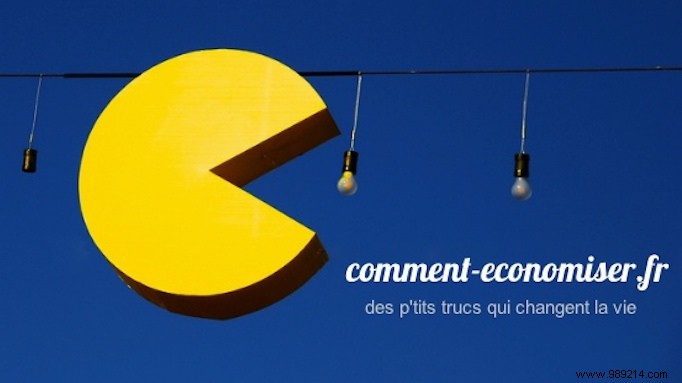
Run fast or slow? Long or over short distances? Training speed and duration are two parameters that influence the amount of energy expended and how those calories are burned.
Whether you walk, run or dance, to lose your buttocks and your love handles, you have to consume large amounts of fat . How to do it?
Exercise Intensity
The body is a bit like a car:the more you press the button, the more you consume. But unlike our quad-rotating friends, our body knows how to use two different fuels that it adapts to the intensity of the exercise:
- sugar (stored in blood, muscle and liver)
- fats (we know where they are)
On light exercise, such as hiking, most of our energy comes from fat. However, since the caloric expenditure is low, it is not consumed in large quantities.
On more sustained exercise, such as brisk walking or running at moderate pace, fat only provides 60% of total energy, with the remaining 40% coming mainly from sugar.
Although fat participation is proportionally lower compared to light exercise, it is greater in absolute terms .
During very intense exercise, this trend is confirmed:sugars become the majority, but fats continue to provide an ever-increasing amount of energy.
We therefore understand that the more intense the exercise, the more fat we consume . To lose where it's needed, we just need to swim faster and dance more frantically. Yes but...
Exercise Duration
The problem is this:it is difficult, if not impossible, to maintain such a rhythm forever. At such intensity, after ten minutes we are already on the ground! It's a shame:if we had been able to maintain our effort over an hour, our expense would have been six times greater .
But our body does not allow it, so what to do?
"Who wants to travel far, take care of his mount" , the saying goes. Sports science researchers (I promise you they exist, I am one) confirm this. Rather than getting to the end of it in 10 minutes, let's ease off and prolong our effort . Our instantaneous consumption will be lower, but the energy will mainly come from fats and we will be able to last much longer .
If you are not convinced, tell yourself that by running at 20 km/h, you consume twice as many calories as at 12 km/h. But at 12 km/h, a slightly trained person will last an hour, compared to 5 minutes at 20 km/h. Race report? Consumption at 12 km/h is 6 times greater .
To conclude, listen to the path of wisdom:to lose thickness, go slowly, but long . A comment?